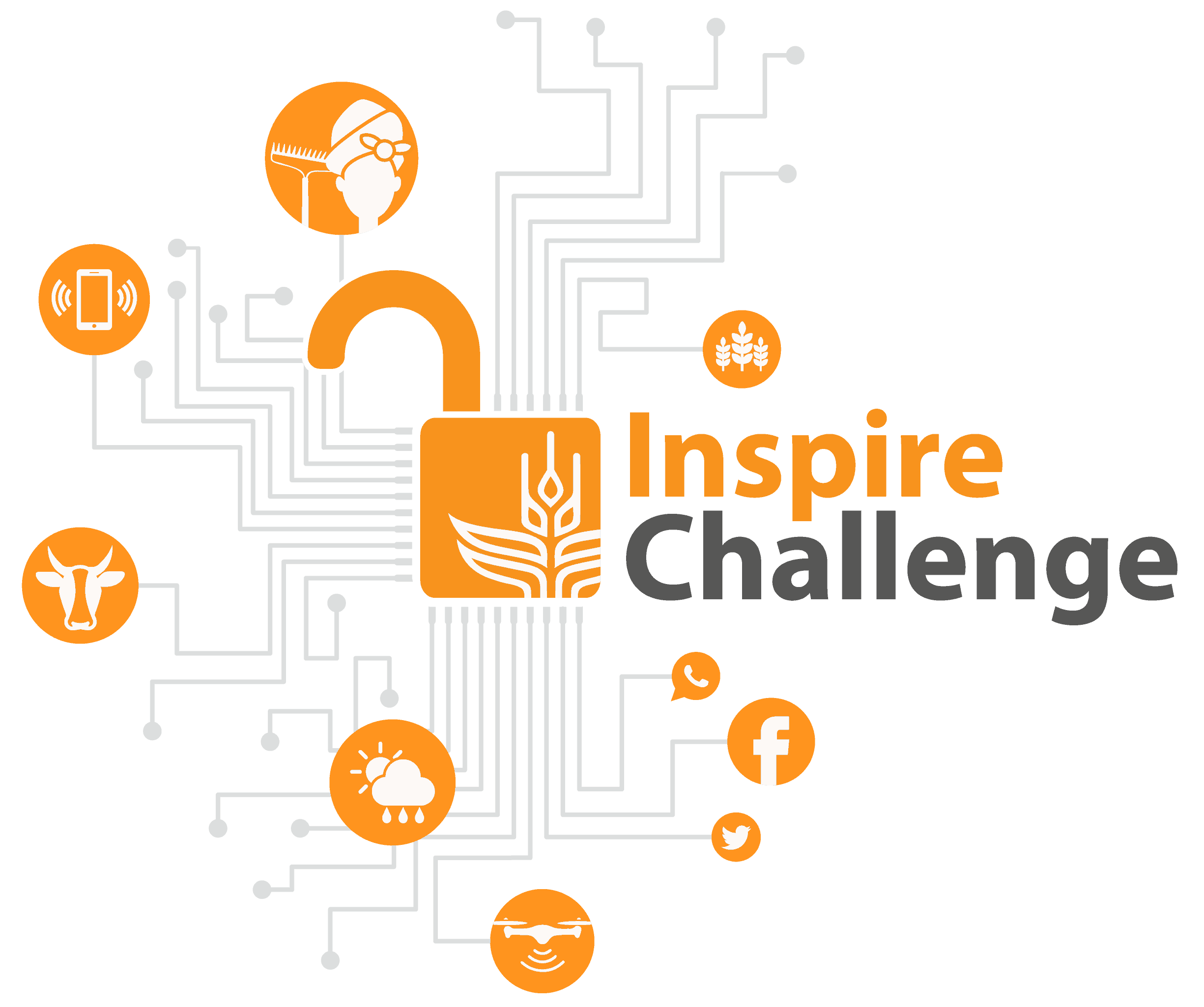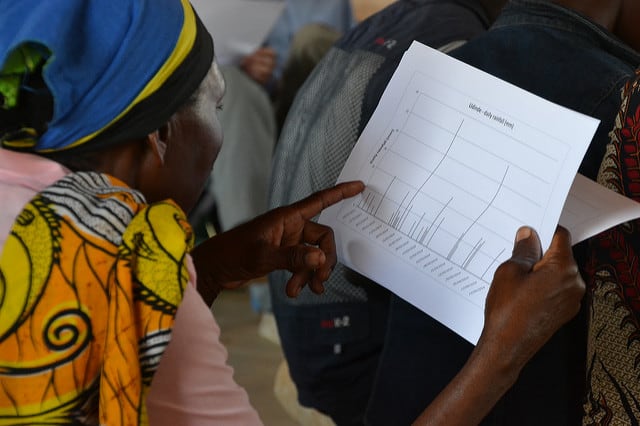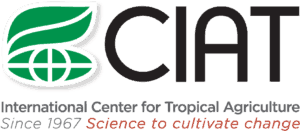
Inspire Challenge 2017 Proposal
COMPAdRE: COMmunication and PArticipative REsilience
Currently, many climate services for agriculture in developing countries are provided as top-down information without taking into account the specific needs of smallholder farmers and without collecting their feedback about the usefulness of a particular service.
In the worst case, traditional climate services using outputs from forecasting models are a blind shot to unknown end users. Therefore, climate services need to become more responsive to improve farmers’ decision making and to increase agricultural resilience against climate events.
Simultaneously, reducing inter-seasonal uncertainty related to yields is vital for the development of advanced financial instruments like weather index insurance as well as for the improvement of (sub-) seasonal forecasting models.
What is needed to tackle this problem is:
- to convert traditional top-down climate-services into two-way communications loops,
- improve forecasting models by collected data from end-users,
- make climate services more responsive to farmers’ needs, and
- provide more tailored data-analysis for designing financial services.
An idea to solve this
To provide participatory climate services for agriculture we propose to combine the PICSA (Participatory Climate Services for Agriculture) approach with the ICT-centered 5Q monitoring and evaluation approach to incorporate feedback mechanisms and two-way communication loops.
Crowdsourced feedback from farmers and extension experts will be used to improve climate forecasting models.
The PICSA approach has been very successful in achieving the goal of facilitating a step-by-step guide to use climate information in planning and decision-making targeted to actual farmer needs.
The 5Q approach is a novel approach developed by CIAT to incorporate feedback mechanisms and two-way communication loops in monitoring and evaluation processes. It complements traditional methods with low-cost ICT tools, such as automated voice calls, to ask a set of five “smart” questions to farmers at regular intervals.
Our approach provides near real-time feedback on crucial agricultural parameters, such as the start of the season or the use of fertilizer, that will help to improve seasonal forecasting climate models.
In our approach, we put farmers in the center of the decision-making process and (literally) listen to their needs to translate climate services into mutually beneficial feedback loops.
The predicted impact
There is clear evidence that this approach can systematically increase the added-value of climate services.
Working together with powerful partners that can help to scale our approach, integrate local agricultural knowledge into big data processing via high-frequency feedbacks will build the foundation for sustainable and more effective climate services including engaging users in payment of services where possible.
Still, we will work through different local partners, which are already part of our networks, and their local facilitators that help to translate climate services to advisories for farming practices.
The value proposition we create through our approach has two interrelated dimensions: we advance both big data processing in agriculture and improve local climate services for farmers by linking well-established mechanisms and global datasets from CGIAR and its partners with innovative methods for two-way communication using low-cost ICT tools.
Several potential partners have expressed an interest in the scaling-up of our approach after developing the initial pilot of Compadre.

Support this Proposal
The Platform for Big Data in Agriculture is all about the creating connections to build the capacity’s need to inspire real change in the agriculture sector.
The aim of the Inspire Challenge is to generate innovative ideas that will revolutionize the future of agriculture using big data tools. You can be a part of the revolution by supporting these initiatives and help secure food for the future.
Contact one of the team members below to ask how you can help realize this idea.





